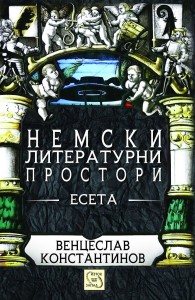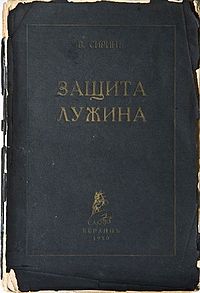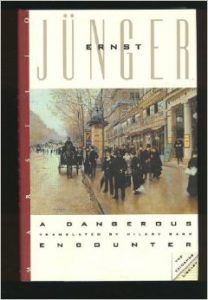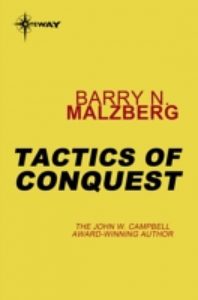German Literary Spaces (Nемски литературни простори) is a new collection of essays by the Bulgarian poet, essayist, aphorist, and translator Venzeslav Konstantinov.
Konstantinov is one of those very important mediators between different countries, languages, cultures that make literature or other works from the cultural sphere accessible to us and whose work is so important and frequently underestimated. As for Bulgaria, a considerable part of the classical and modern literature in German language was translated and edited by Konstantinov and his translations are accompanied by essays that help the reader to understand the context of the work and the writer. Konstantinov is a particularly gifted translator of poetry. The “Bulgarian” poetry of Erich Kästner for example is so close to the original that it sounds as if Kästner has written the poems himself in Bulgarian.
A collection of twenty of Konstantinov’s essays on German literature is now published in the new book announced here. Each chapter is devoted to the work of one author, and the range of writers covers the period from the 18th century (the first essay in the book is devoted to Goethe) until today (an essay on Martin Walser concludes the book). All essays are comparatively short (five to ten pages), only the one on Elias Canetti (“From Rustschuk with Love”) is longer. And all of them make the reader curious to discover the work of the writer that Konstantinov is describing in the respective essay.
Konstantinov proves not only to be a congenial translator, but also a successful ‘literature seducer’, someone who knows how to wake up the wish in the reader to discover new literary horizons.
With two small critical remarks I want to conclude this review. First, it would have been great to make it clear that the essays are not dealing with the 20 most important German authors (there is for example no essay on Kafka, and an essay on Katja Mann instead of Thomas or Heinrich Mann). The essays reflect Konstantinov’s interests, and that’s absolutely fine. But they are not (and not meant to be) a systematic introduction to German literature. That’s in no way meant as a criticism of the author, but a short remark in this sense would be useful to readers that are not so familiar with German literature.
Additionally it would have been nice to mention if the essays were written for this book or if it is a collection of previously published articles. Nothing wrong with collecting previously published essays, it is even a commendable deed from the publishing house Iztok-Zapad (East-West) in Sofia. But as a reader I just want to know what exactly I am reading.
These remarks diminish in no way the excellent work by Venzeslav Konstantinov and his publisher. This collection of essays is worth reading and deserves a translation, and of course many Bulgarian readers.
Venzeslav Konstantinov: Nemski literaturni prostori (German literary spaces), Iztok-Zapad, Sofia 2014
© Thomas Hübner and mytwostotinki.com, 2014. Unauthorized use and/or duplication of this material without expressed and written permission from this blog’s author and/or owner is strictly prohibited. Excerpts and links may be used, provided that full and clear credit is given to Thomas Hübner and mytwostotinki.com with appropriate and specific direction to the original content.







 Facebook
Facebook RSS
RSS Twitter
Twitter